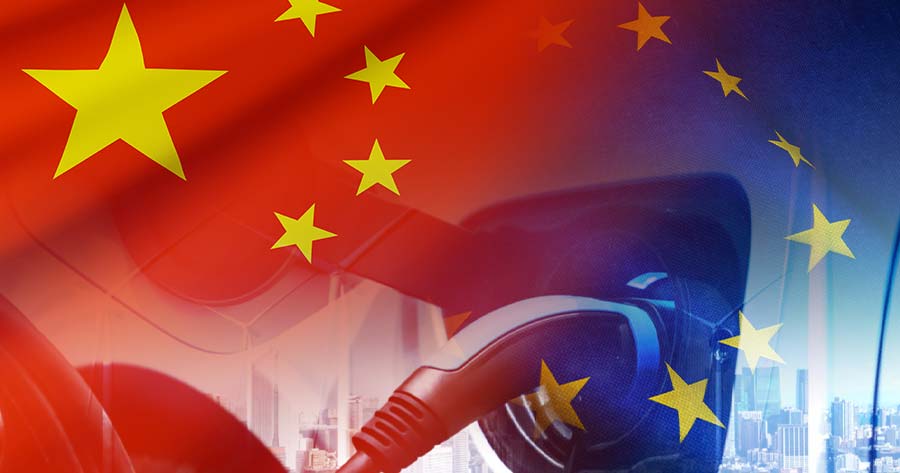The new European Union tariffs have had a notable impact on the flow of Chinese-made electric vehicles in July, as the EU took measures to safeguard its automakers from competition based on low costs.
Research from Dataforce indicates that the number of new electric vehicles registered by Chinese automakers like BYD Co. and SAIC Motor Corp.’s MG in the EU dropped by 45% in July compared to June. This decline could have been exacerbated by manufacturers rushing to deliver EVs to dealers before the additional levies were imposed on July 5.
The provisional tariffs, which escalated import duties to as high as 48%, are intended to protect a significant EU industry from Chinese competitors benefiting from structural advantages in critical areas like battery technology, supported by state subsidies.
Amid ongoing political tensions, Beijing has threatened retaliatory actions during negotiations to address the issue.
The Chinese brands did not deviate significantly from the 36% decline in EV sales observed across the 16 countries monitored by Dataforce. In addition to Chinese manufacturers, BMW, Stellantis, and Tesla also import Chinese-made EVs that are impacted by the added EU tariffs.
Meanwhile, the impact was less significant for Western companies, as they adopted a more cautious approach in managing their inventory, as noted by auto analyst Matthias Schmidt.
The introduction of the new tariffs followed an EU investigation that revealed China’s subsidies to its EV industry were causing economic harm to the EU automakers. Notable Chinese manufacturers like MG, Geely Automobile Holdings Ltd. (owner of Volvo), and BYD now face additional duties, with the tariffs set to become permanent in November unless a resolution is reached between Brussels and Beijing.
The tariff discussions coincide with a global slowdown in EV growth, influencing manufacturers worldwide. EU policymakers are striving to strike a balance between preserving jobs and achieving the objective of phasing out new fossil fuel cars by 2035.





